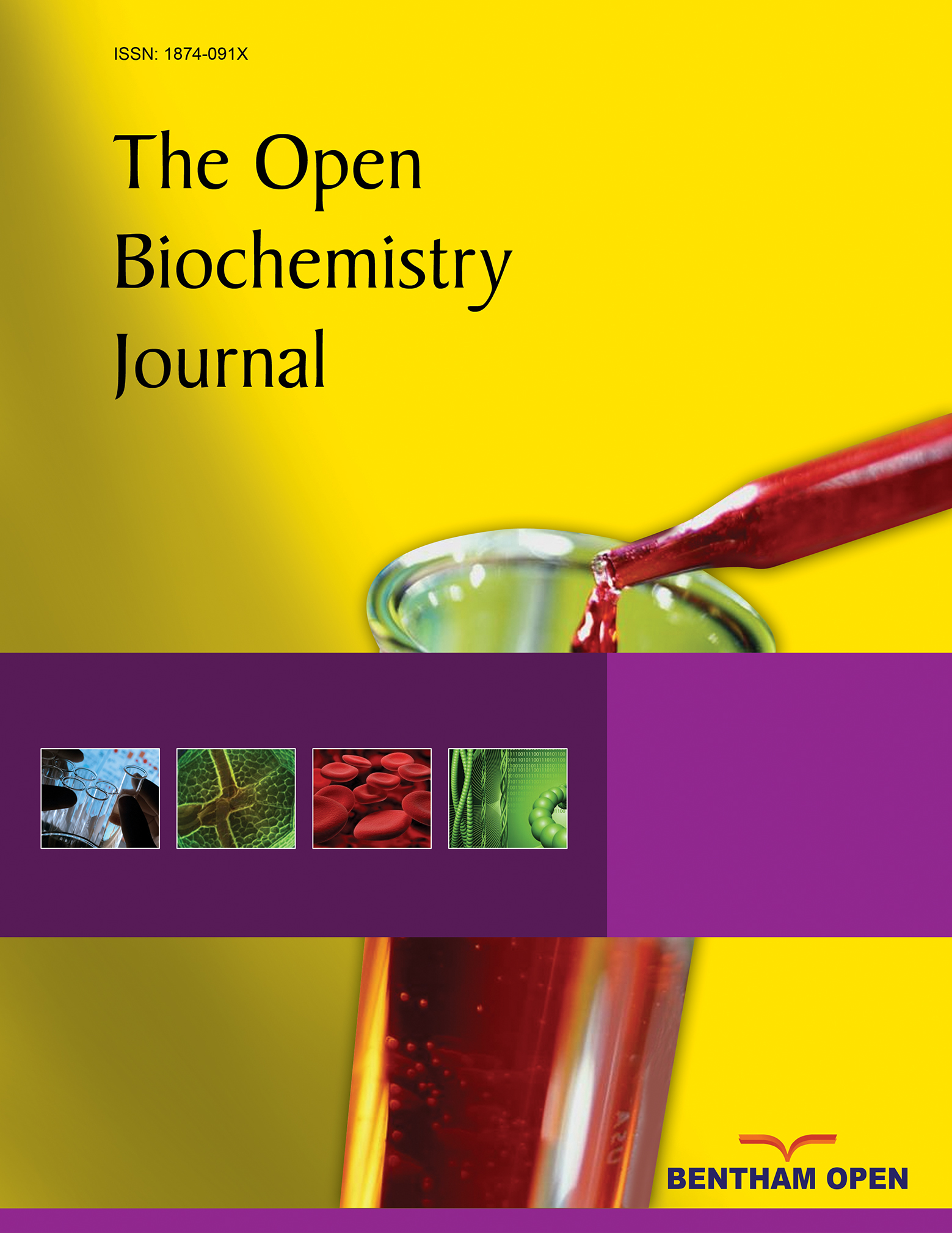The Impact of the Level of the Intestinal Short Chain Fatty Acids in Inflammatory Bowel Disease Patients Versus Healthy Subjects
Abstract
The aim of this study was to determine the changes of short chain fatty acids (SCFAs) in faeces of inflammatory bowel disease (IBD) patients compared to healthy subjects. SCFAs such as pyruvic, lactic, formic, acetic, propionic, isobutyric and butyric acids were analyzed by using high performance liquid chromatography (HPLC). This study showed that the level of acetic, 162.0 µmol/g wet faeces, butyric, 86.9 µmol/g wet faeces, and propionic acids, 65.6 µmol/g wet faeces, decreased remarkably in IBD faecal samples when compared with that of healthy individuals, 209.7, 176.0, and 93.3 µmol/g wet faeces respectively. On the contrary, lactic and pyruvic acids showed higher levels in faecal samples of IBD than in healthy subjects. In the context of butyric acid level, this study also found that the molar ratio of butyric acid was higher than propionic acid in both faecal samples. This might be due to the high intake of starch from rice among Malaysian population. It was concluded that the level of SCFAs differ remarkably between faecal samples in healthy subjects and that in IBD patients providing evidence that SCFAs more likely play an important role in the pathogenesis of IBD.


